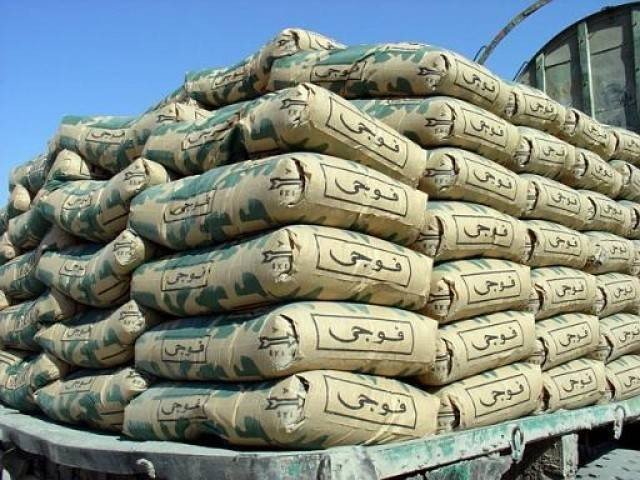LAHORE: The cement sector is likely to face a bumpy ride ahead as the increase in supply-side concerns including creeping in gradual new supply has been restraining sector performance despite strong demand.
Industry sources told Pakistan Today that the next four months are crucial for the cement manufacturers to set the tone for pricing and margin where the impact of key supply additions, especially in the southern region, would start making its impact.
According to sources, utilisation level in southern region would start dropping to 63 per cent from 78 per cent that may be leading to 6 to 8 per cent in price flexibility. On the other hand, they said, northern region prices are also expected to experience some pressure, particularly in KPK region, despite higher expected overall utilisation while grabbing the market share and effectively utilising of new capacities.
In terms of demand, experts believe, rising fiscal pressure may lead to a further cut in Public Sector Development Programme (PSDP) spending in the short-term. Besides, the pace of private sector construction activity is also likely to slow down in the scenario of rising interest rate cycle. They said that the momentum seen in local demand growth in fiscal 2018 was 14 per cent, which might be fading off in next fiscal.
On the exports side, however, the industry sources expect it to be a key supporting factor in compensating the drop in the demand in the local market where the downward trend has been witnessed in the past seven years, which has already started to reverse. They said that changing demand dynamics would add industry demand assumptions growth.
Talking about a seasonal dip in June, they said local dispatchers are expected to decline by 23 per cent due to reduced working hours in Ramzan followed by holidays and moderate rainfall. This is evident from steep 26 per cent decline in northern dispatches as against 7 per cent decline in southern region during the month. Exports were also down by 26 per cent month on month basis to 0.3 million tonnes, leading to total dispatches of 3 million tonnes, which have taken a dip of 23 per cent.
On yearly basis, however, total dispatches are expected to increase by 10 per cent, supported by 13 per cent increase in local sales despite 6 per cent drop in exports against last year. They told that industry’s utilisation level during the month fell to 73 per cent.
Regarding prices, experts said that weak demand during the month may put pressure on prices, effectively reversing the Rs20 per bag price increase seen in May 2018 to pass on the impact of Federal Excise Duty (FED) and rising fuel cost. The pricing pressure was witnessed across the board with a gradual decline over the month. Current price range for northern region hovers around Rs490-520 per bag while for southern the price range stands at Rs540-580 per bag.
Fiscal 2018 has proved a beneficial year in terms of demand with double-digit growth of 14 per cent in total dispatches with local sales growth of 16 per cent and reversal in exports that was flat as against 21 per cent the drop of fiscal 2017. Consequently, they said utilisation level of the industry surged to a highest ever level of 93 per cent.
Election year spending remained the key driving force behind local sales growth where PSDP disbursement till date has exceeded the revised budget allocation of Rs752 billion disbursed on June 22. Moreover, private sector activity continued to provide support to the local demand growth story where a cumulative 4.45 million tonnes supply addition in the industry diverted the focus towards exports amid declining local retention prices.




